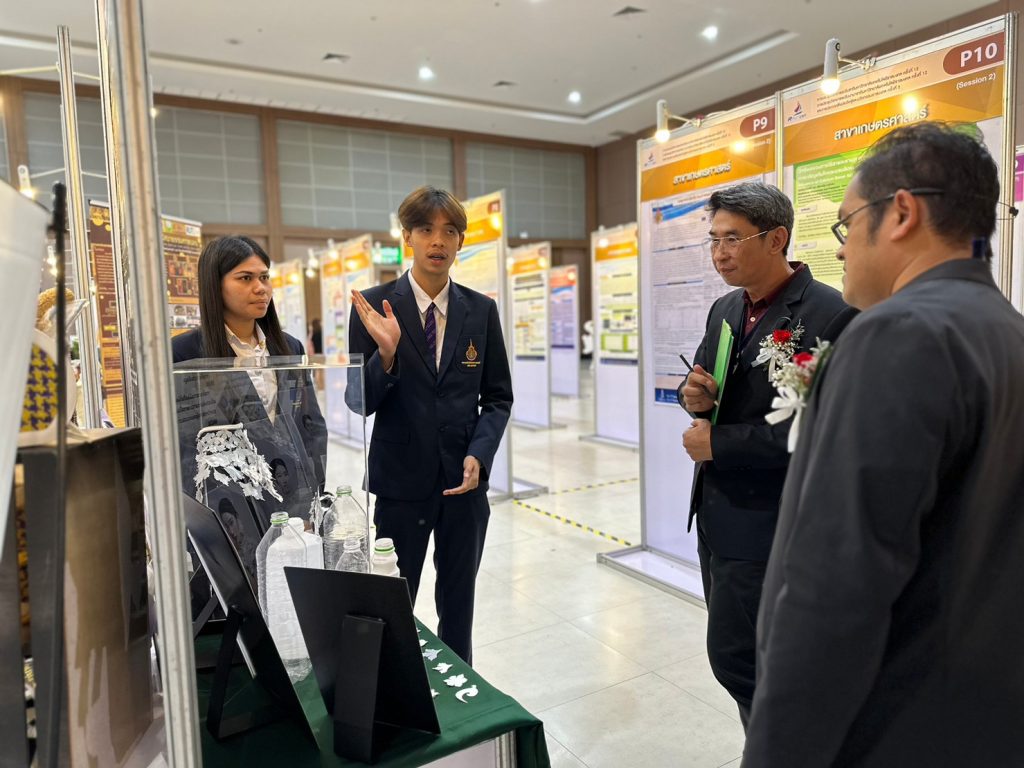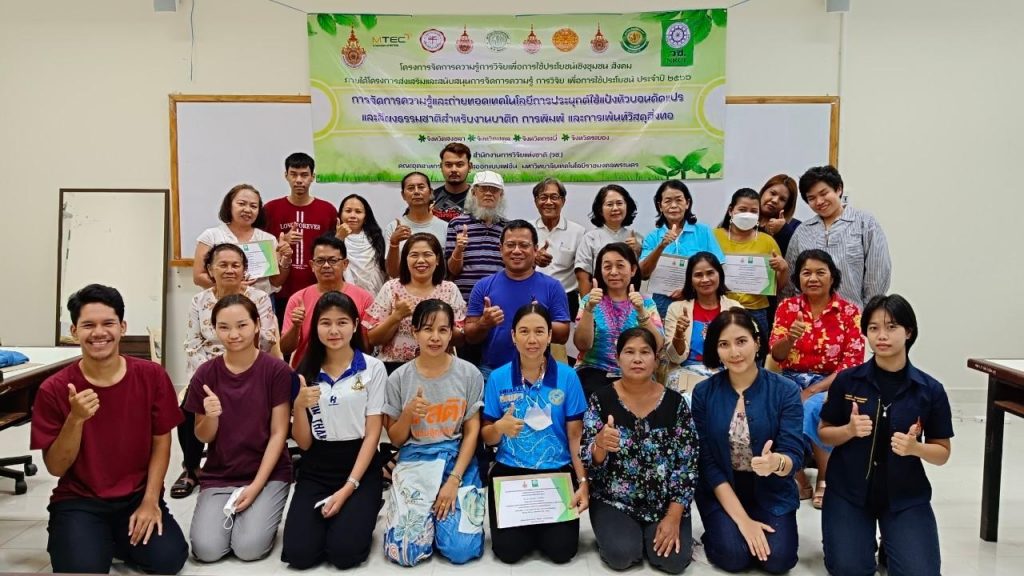Collaborating with Carina Apollow Co., Ltd. to develop non-toxic waste incinerators.
Associate Dean of Academic Affairs at the College of Governance, Royal Thai Government University of Technology Phra Nakhon represented in signing the academic cooperation agreement with Mr. Supakit Jaijakrittham, Managing Director of Carina Apollo Co., Ltd. The objective is to collaborate on research and develop non-toxic waste incinerators with high efficiency according to standard criteria. […]
Collaborating with Carina Apollow Co., Ltd. to develop non-toxic waste incinerators. Read More »




